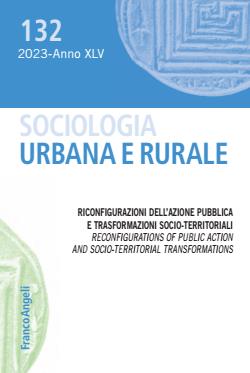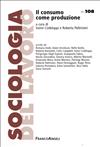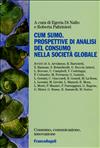
For a shared sustainability - The text stresses how the concept of sustainability is more and more involved in the planning of project formulation and the individuation of intervention strategies. Moreover, the recovery of a unitary reference is considered; at the same time, the evanescence of the concept is put into evidence. Sustainability is often used in specific sectors; so, it seems to be trapped in fragmented interpretations, without any possibility of unity. By definition, the concept of sustainability is multidisciplinary; the almost three hundred definitions we can find about sustainable development are a demonstration of it.











